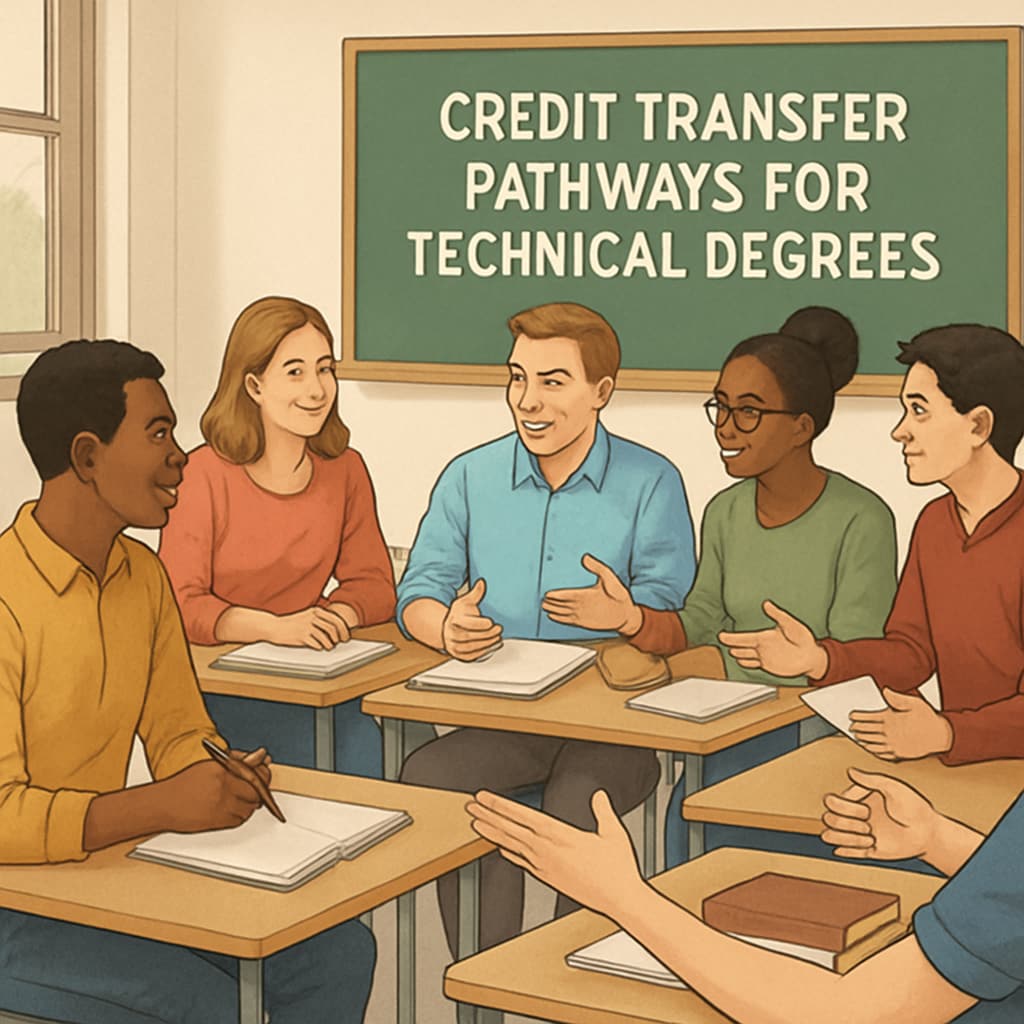Military personnel often face unique challenges when pursuing higher education, especially when transitioning an automotive technology associate degree into a bachelor’s degree. Balancing career commitments, family responsibilities, and educational goals can seem daunting. However, understanding the pathways for credit transfer, leveraging military-friendly school programs, and utilizing community resources can make this journey achievable for military families.
Understanding Credit Transfer and Degree Pathways
One of the key steps in moving from an associate degree to a bachelor’s degree is understanding credit transfer policies. Many universities offer programs specifically designed to help students with an automotive technology background build upon their existing coursework. For example, institutions with articulation agreements allow students to transfer credits seamlessly, saving both time and money.
Military personnel can also benefit from programs such as the Servicemembers Opportunity Colleges (SOC), which provide flexible degree options tailored to the unique needs of military families. These programs often include online or hybrid courses to accommodate deployment schedules and other military commitments.

Balancing Career, Education, and Family Responsibilities
For military families, achieving educational goals often requires striking a delicate balance between career, family, and school. Time management is critical, and tools like online learning platforms can provide the flexibility needed to meet these demands. In addition, military-friendly schools often offer support services such as tutoring, childcare, and counseling to help students stay focused on their studies.
Creating a clear schedule that prioritizes education while leaving room for family and work commitments can be beneficial. For example, designating specific hours for coursework and involving family members in setting goals can foster a supportive environment.

Leveraging Military Benefits and Community Resources
Military families have access to numerous resources that can support educational advancement. Programs like the GI Bill and Tuition Assistance provide financial aid for pursuing higher education. Additionally, many institutions offer scholarships specifically for military personnel and their dependents.
Community organizations also play a crucial role in supporting military families. For example, local military support centers often host workshops on degree planning and provide resources for navigating the academic landscape. These centers can also help connect families with mentors who have successfully transitioned from associate to bachelor’s degree programs.
By leveraging these benefits and building connections within the community, military personnel can create a strong foundation for academic and career success.
Conclusion: Taking the Next Step
Turning an automotive technology associate degree into a bachelor’s degree is not only achievable but also empowering for military families. By understanding credit transfer options, balancing responsibilities, and utilizing available resources, military personnel can advance their careers while supporting their families. This journey requires determination, planning, and support, but it opens doors to new opportunities and long-term success.
Whether you’re navigating degree pathways or balancing family and work, remember: every step forward is a step toward achieving your goals.
Readability guidance: Use concise paragraphs, incorporate lists where applicable, and include frequent transitions like “for example” and “as a result” to enhance flow. Minimize passive voice and maintain sentence length within recommended limits.


